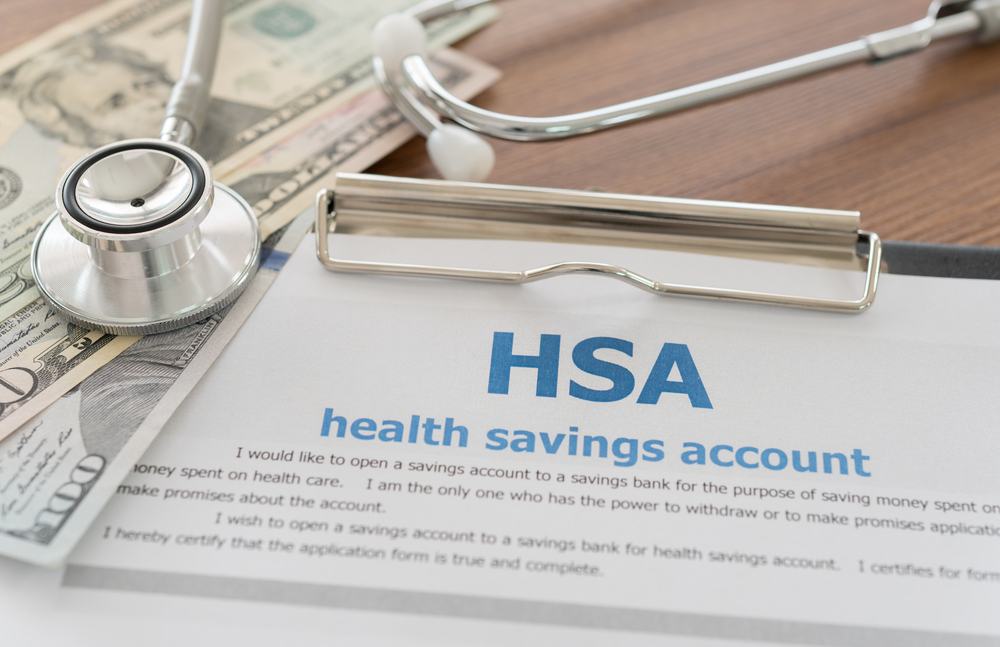Will Health Savings Accounts Replace Traditional Insurance?

With more and more people turning to Health Savings Accounts (HSAs) to cover their medical expenses, what does this mean for the state of healthcare and traditional insurance in the near future?
Impact of Health Savings Accounts on Traditional Insurance
If Obamacare were to be repealed and replaced, several groups are likely to find themselves paying higher premiums. Some of the affected groups could include senior citizens, low income earners, and those with preexisting conditions.
HSAs have been around since 2004 after President Bush signed the Medicare Prescription Drug Improvement and Modernization Act of 2003. HSAs are tax free financial accounts that allow you to pay for medical expenses, and you can build retirement savings that can be accessed at any time without penalties after you attain the age 65.
Previously, Health Saving Accounts were allowed only for those with a high deductible healthcare plan. The minimum annual deductible required by the old plan depended on whether you have single coverage or family coverage. The intention was to provide a way for individuals or families to get a tax waiver and be able to pay for their care with their savings.
HSAs Under the New Healthcare Plan
As the new healthcare plan continues to unfold, the details of what could happen to HSAs are not very clear. However, the indication from Republicans—who have been pushing for new healthcare legislation— is that there will be broad changes to HSAs and some legislators are looking to make it a part of US healthcare.
Proponents of the new healthcare plan want to expand HSAs so that Americans can pay for their own care through these types of accounts. The architects of the new healthcare plan believe that it will complement the new tax credits that are set to replace Obamacare subsidies.
However, critics are skeptical of how this new plan for HSAs will benefit low income groups. In the past, middle class Americans took advantage of tax exempt HSAs to save for future expenses. However, low income groups hardly have money to spare for this type of saving.
Expansion of HSAs
Health practitioners believe if the goal of HSAs is to act as a replacement of traditional coverage then it must provide overall health care benefits. Currently, HSAs can pay for medical expenses including, deductibles, co-payments, dental care, co-insurance, and any other out of pocket costs.
While you can use HSAs to pay for a wide range of medical expenses, you cannot use it to pay for any medication that was not prescribed by a doctor. Critics feel that for it to be seen as a replacement of traditional coverage, it must also address overall healthcare. For example, supplements may be bought over the counter which may prevent health complications in the future. Another problem is that people tend to avoid getting treatment for what they see as a minor ailment, when they are paying from their pockets.
How Hospitals May React
There are logistical challenges that hospitals will have to overcome as more people opt for HSAs. Hospitals may have to pursue their claims to ensure that the patient complies. This is likely to result in new billing systems to improve collections. Some healthcare providers could respond by offering their own plans.
Clearly things are in flux when it comes to the death of healthcare repeal. As it stands, Health Savings Accounts will not be replacing traditional insurance—but that all could change in the future. How have HSAs affected your billings and collections? Let us know in the comments below.





